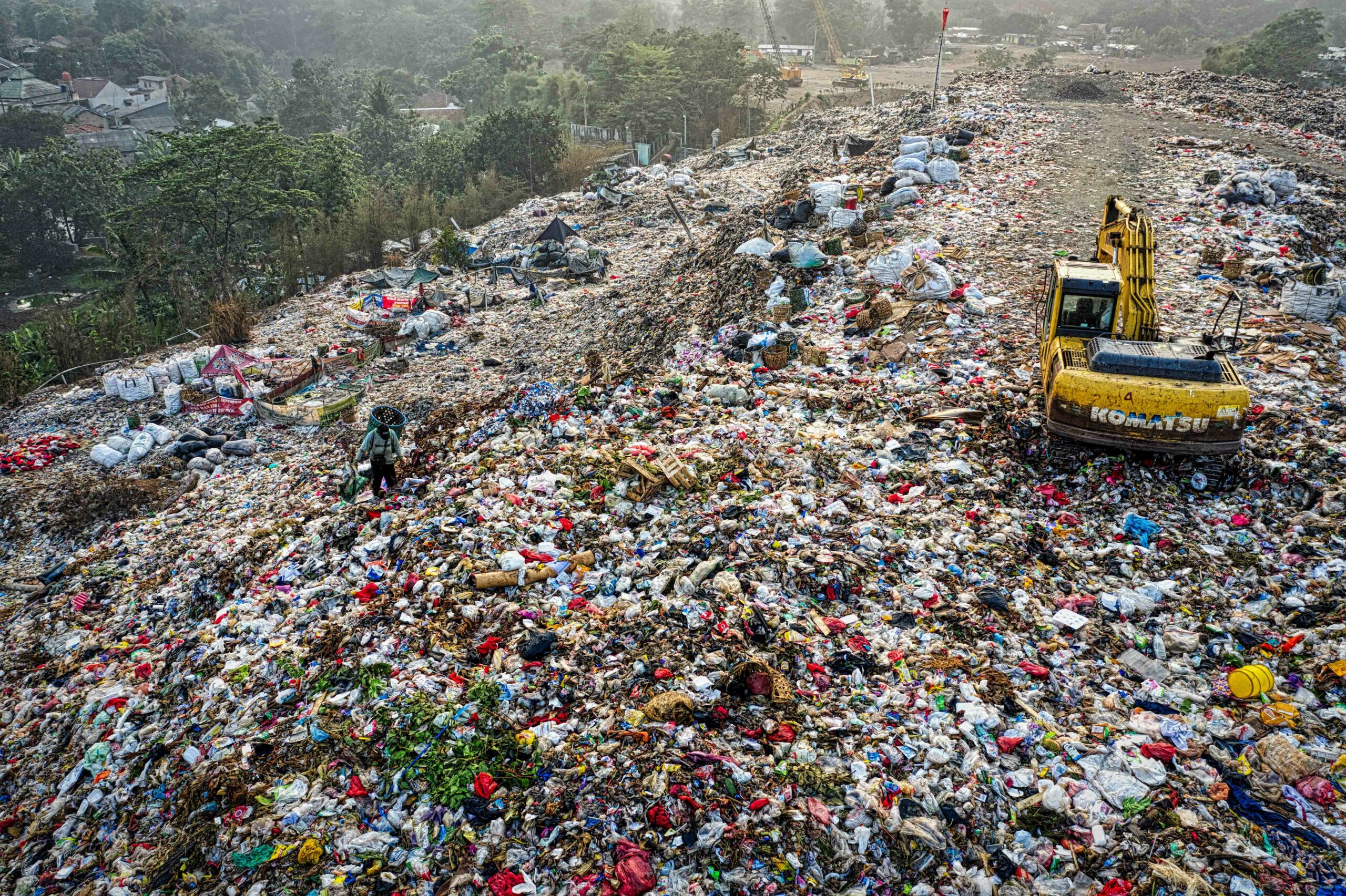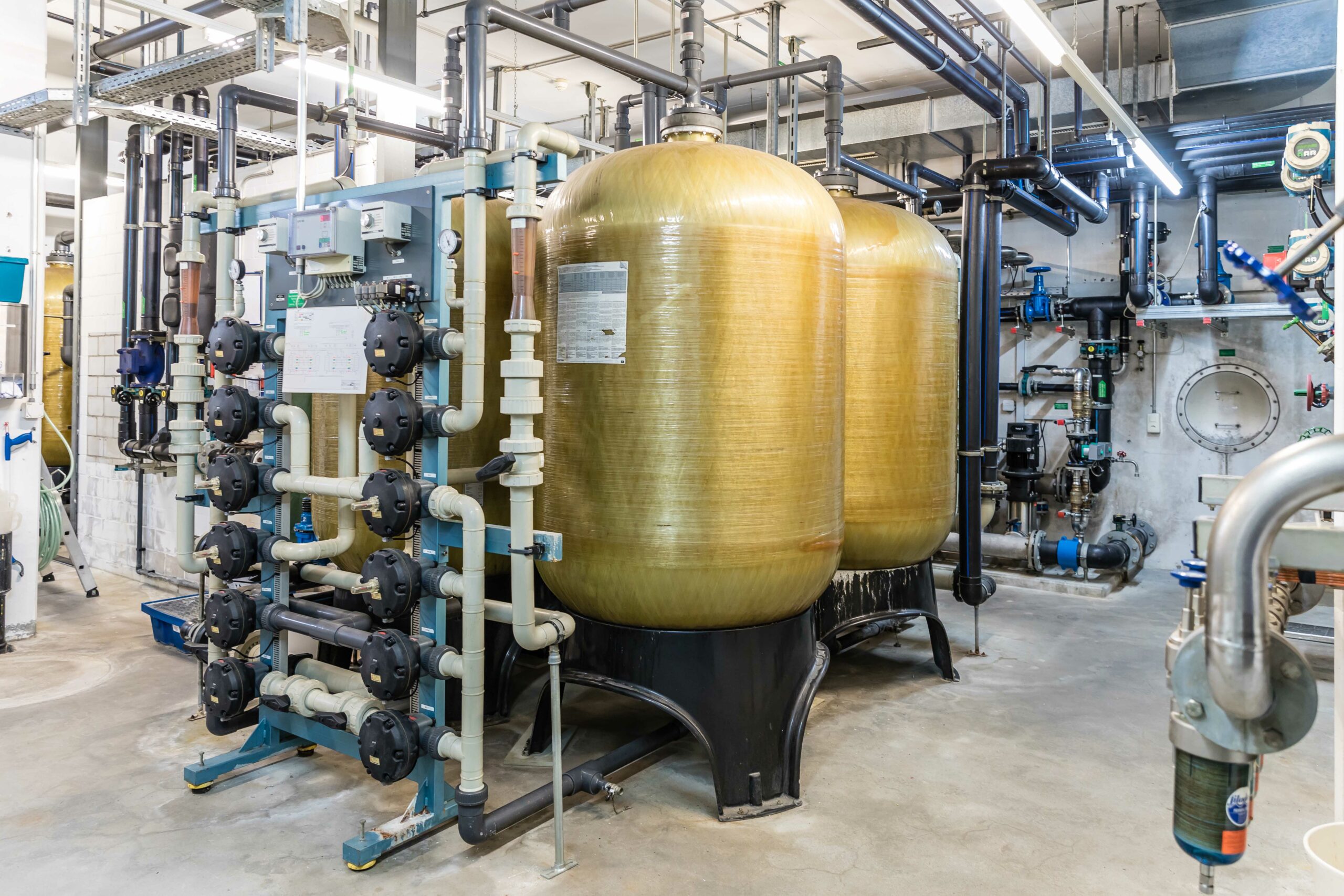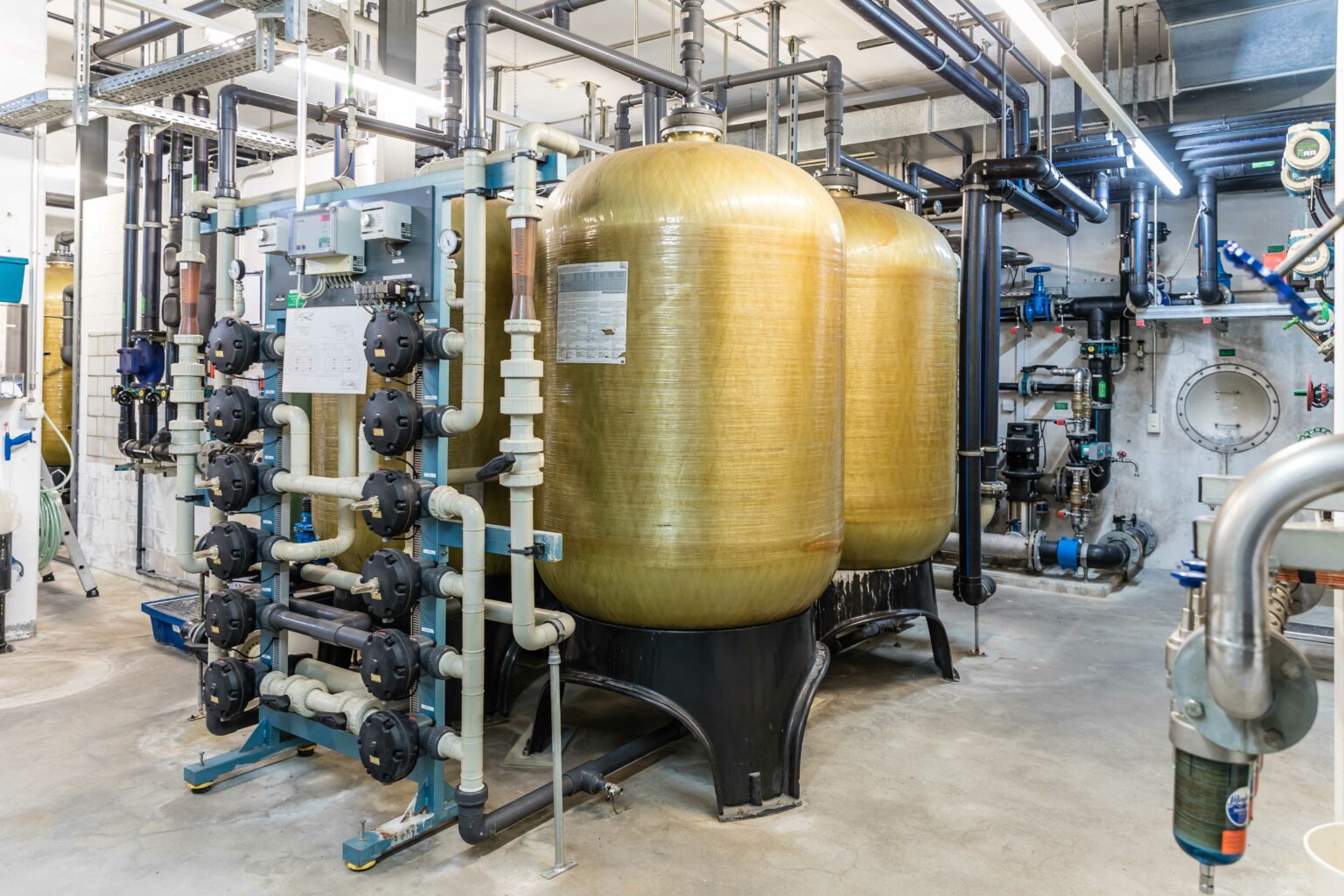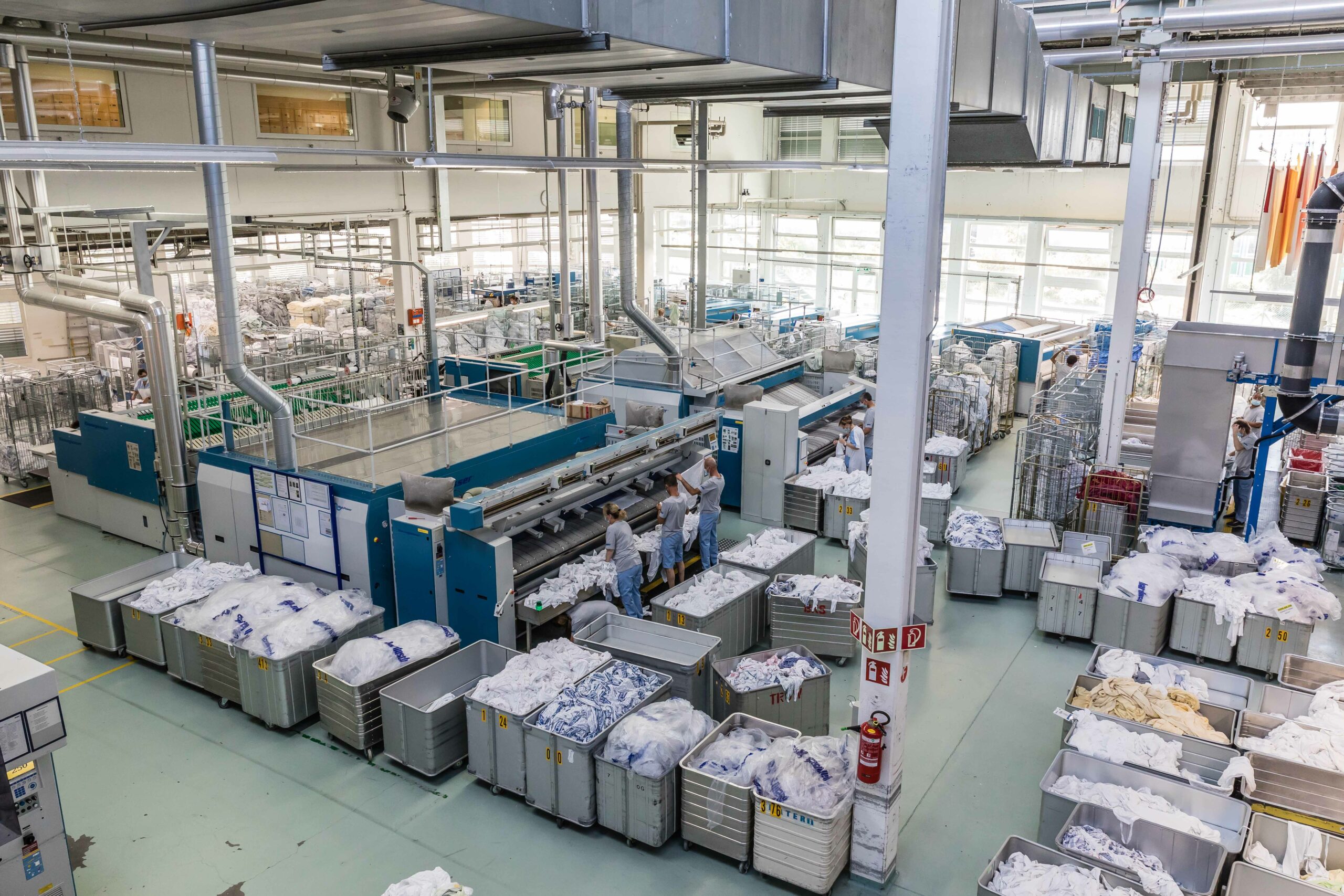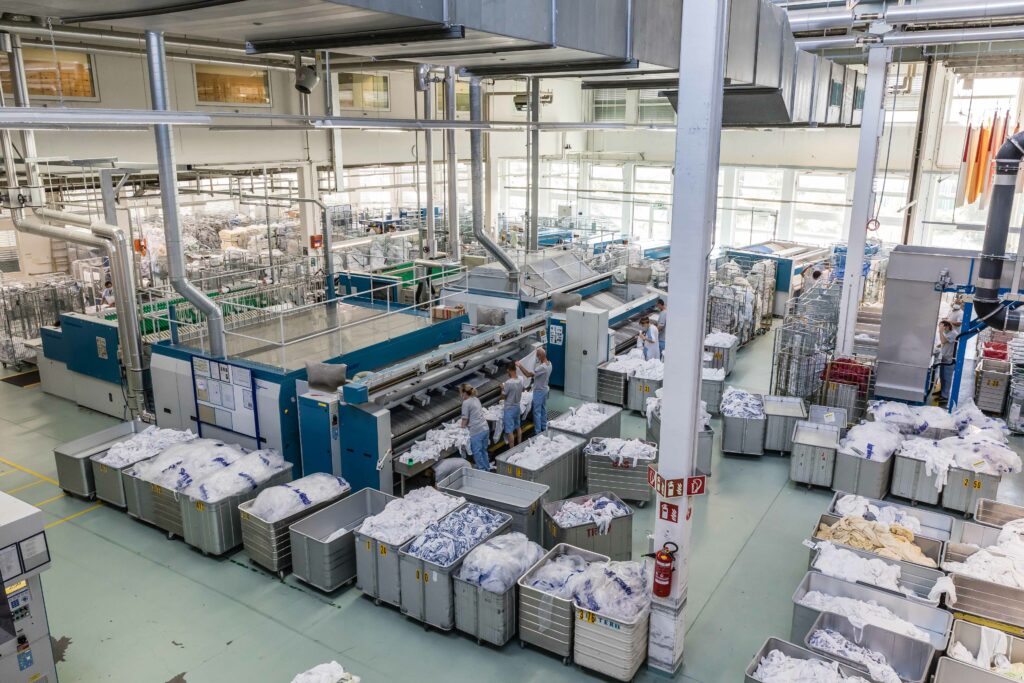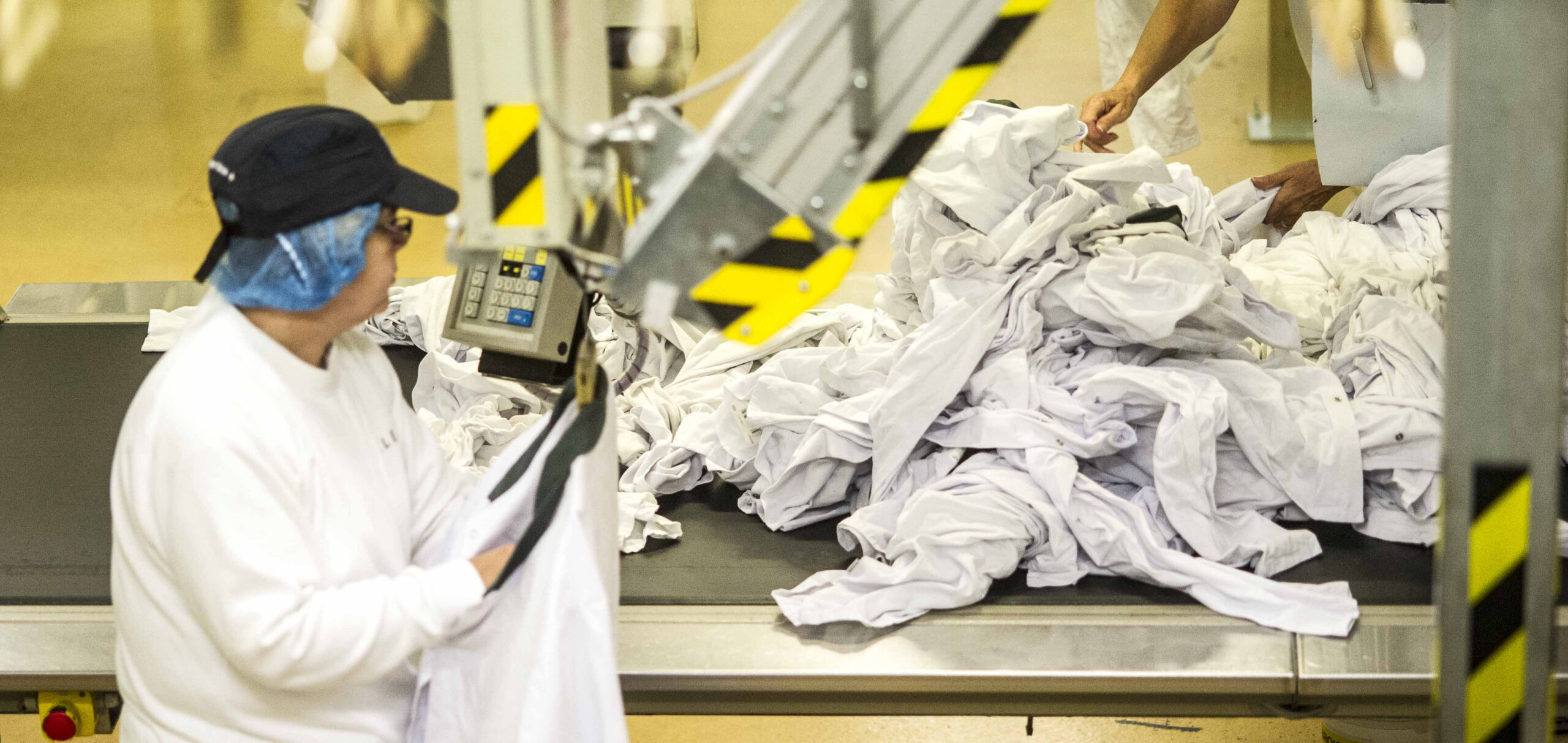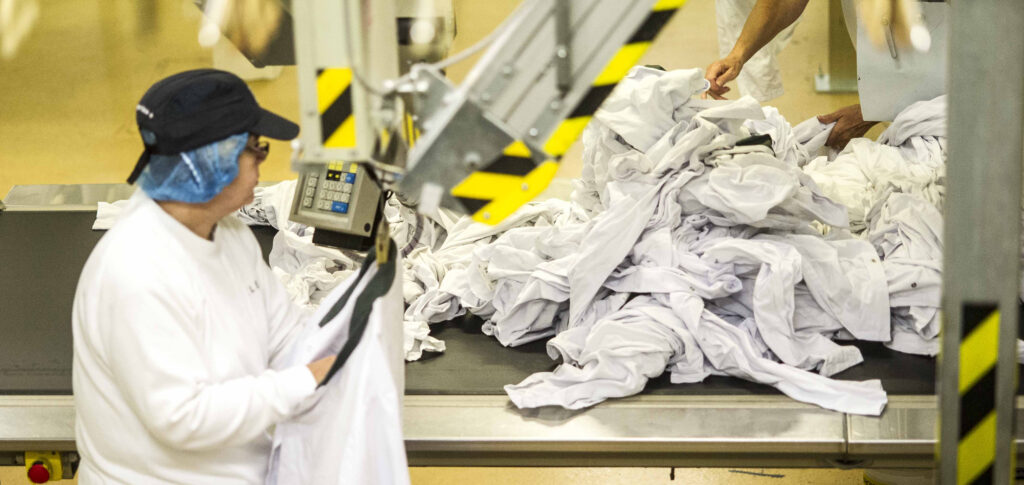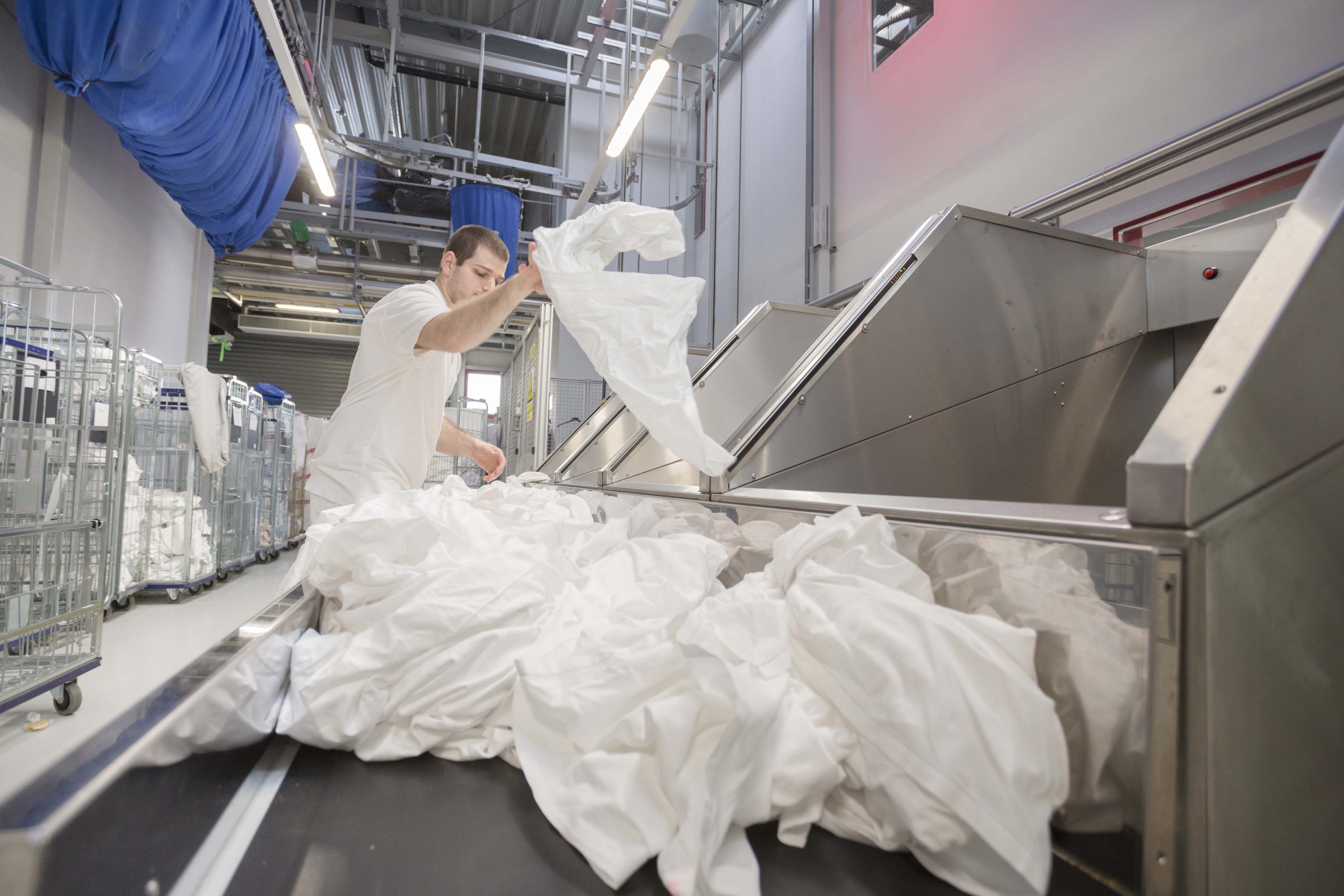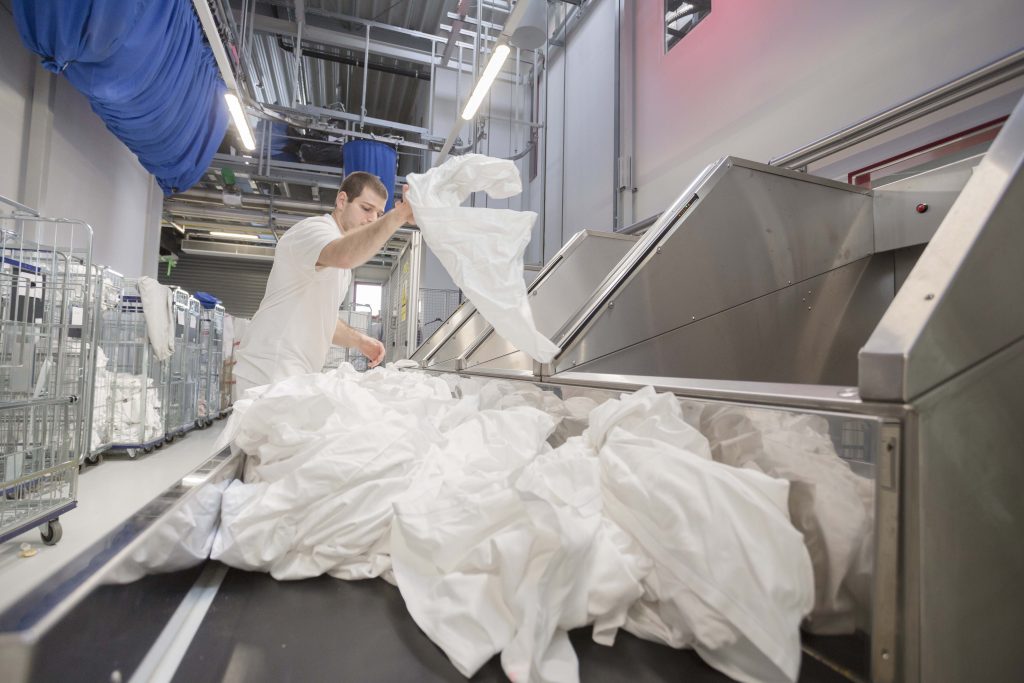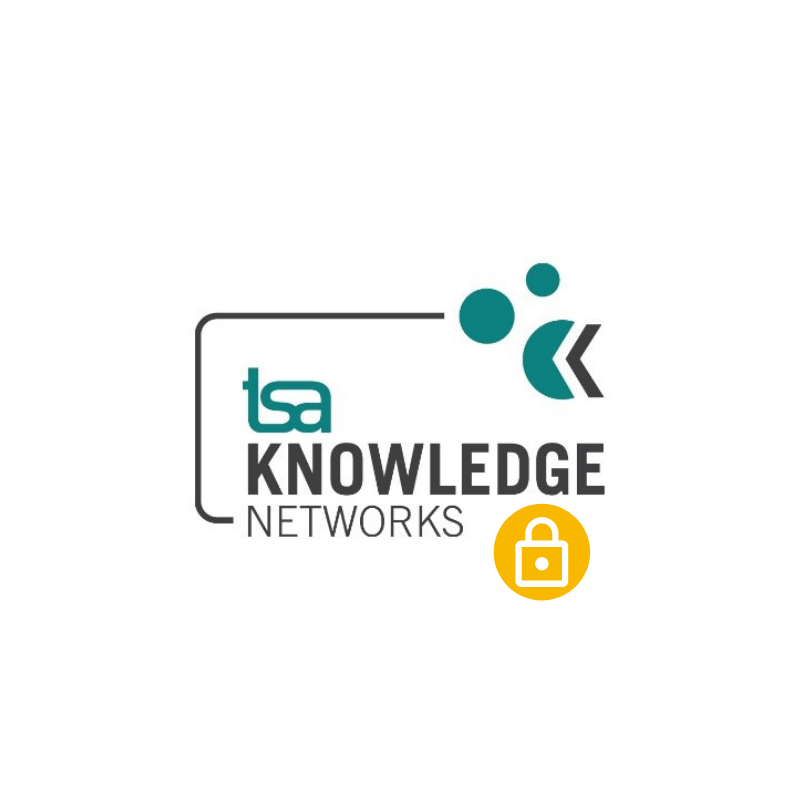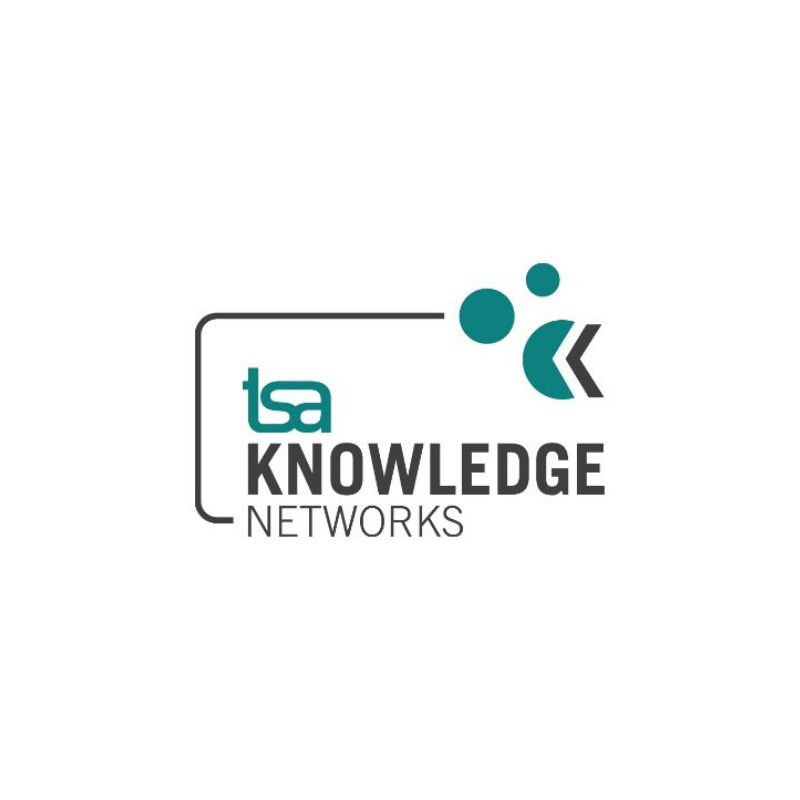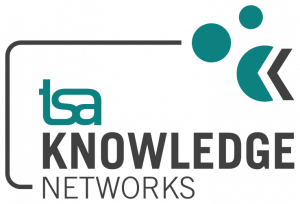Commercial laundries’ recycling initiative will slash CO2 emissions and water consumption
The TSA has teamed up with UKHospitality, WRAP and PCIAW to launch the Infinite Textiles scheme. The scheme will see commercial laundries partnering with their customers to recycle end of life linen and towels from the hospitality, healthcare and leisure industries, with the aim of saving tens of thousands of tonnes of carbon and billions of litres of water every year.
Currently over 6,000 tonnes of hospitality textiles are sent to waste annually. “Infinite Textiles has the potential to put a stop to the waste,” says David Stevens, CEO of the TSA (Textiles Services Association). “If the industries can come together on this key project, we really will be making a difference to the environment. This will be the largest laundry industry textile recycling project in the world.”
Infinite Textiles aims to cover the whole life of the textiles, from sourcing through manufacturing and on to washing and inspection, with laundries and their customers working together to maximise the life of the linen. Only when the product reaches the end of its useful life does it move into the recycling phase. Here it’s inspected, treated and sorted into bales before being delivered to the Infinite Textiles hub in Sunderland. From there the bales go to approved recyclers for turning back into yarn and going on to manufacturers.
The Infinite Textiles numbers make a convincing argument. It has been reported that the energy required for the reuse or recycling process of polyester is only 1.8% of the total energy consumed by the virgin fibre. Similarly, the reuse of one tonne of cotton fibre needs only 2.6% of the energy required for the virgin material.*
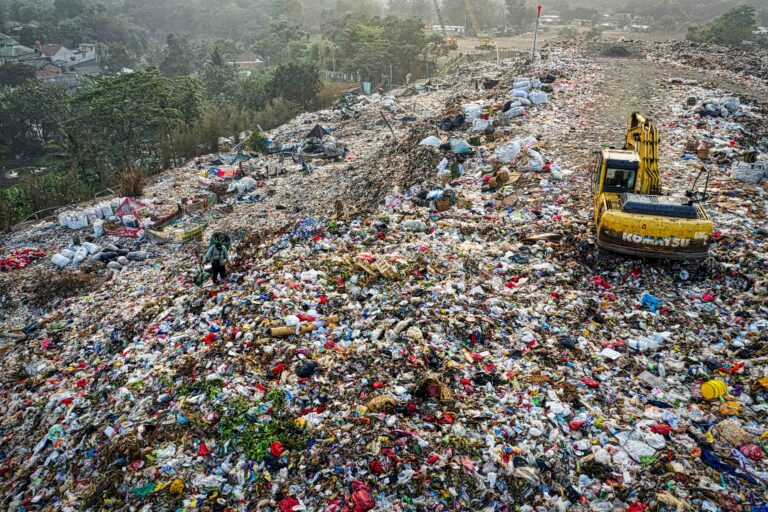
The growing and harvesting of natural fibres is where the most water is consumed and the most CO2 emissions occur. For example, the production of one tonne of the nitrogen fertilisers used emits around seven tonnes of CO2 equivalent greenhouse gases.**
The TSA will administer and manage the scheme, supporting a network of coordinated pick up points for the bales around the UK, making it easier for smaller laundries to take part. The TSA is also providing plenty of support resources, including training and webinars, and setting up an online platform for participants to track volumes and revenue lines.
“Rightly, there’s growing pressure to manage waste streams more responsibly,” says Stevens. “The drive to develop the Infinite Textiles scheme comes not only from our members, but also from their customers, to help support their sustainability objectives. By launching a certifiable scheme now, we stay in front of the curve and demonstrate the benefits of the commercial laundry industry and its circular credentials.”
Infinite Textiles will provide evidence of compliance with the Waste Framework Directive and supports certification with ISO 14001 and BS 8001. The scheme is allied with the Recycled Claim Standard (RCS) and compliant with circular economy certification. It is audited by UKAS-accredited certification bodies.
For information on UKHospitality visit ukhospitality.org.uk.
For information on WRAP, the Waste and Resources Action Programme, visit wrap.org.uk.
For information on PCIAW, the Professional Clothing Industry Association Worldwide, visit pciaw.org.
If you have any queries, please do not hesitate to get in touch with us either via email or phone:
T +44 (0) 20 3151 5600
